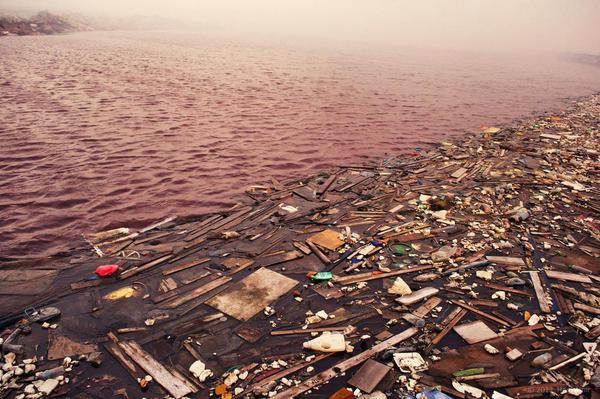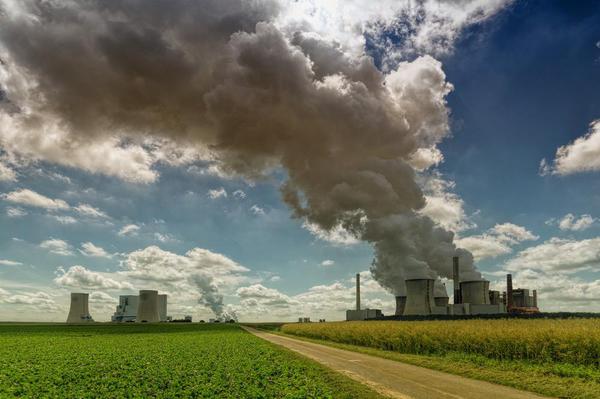
Saving the Ocean's Invisible Forests
The ocean is at the front line of mitigating the climate crisis. Making up over 70% of the Earth’s surface, the ocean plays a crucial role in controlling the global climate system through, among other processes, absorbing and storing carbon dioxide from the atmosphere. In the run-up to World Oceans Day on June 8, we’re looking at how as well as polluting the planet and killing animals, plastic waste is also reducing the ability of phytoplankton to absorb atmospheric carbon.





